Hochul calls for replacement and extension of 421-a tax abatement in NYC
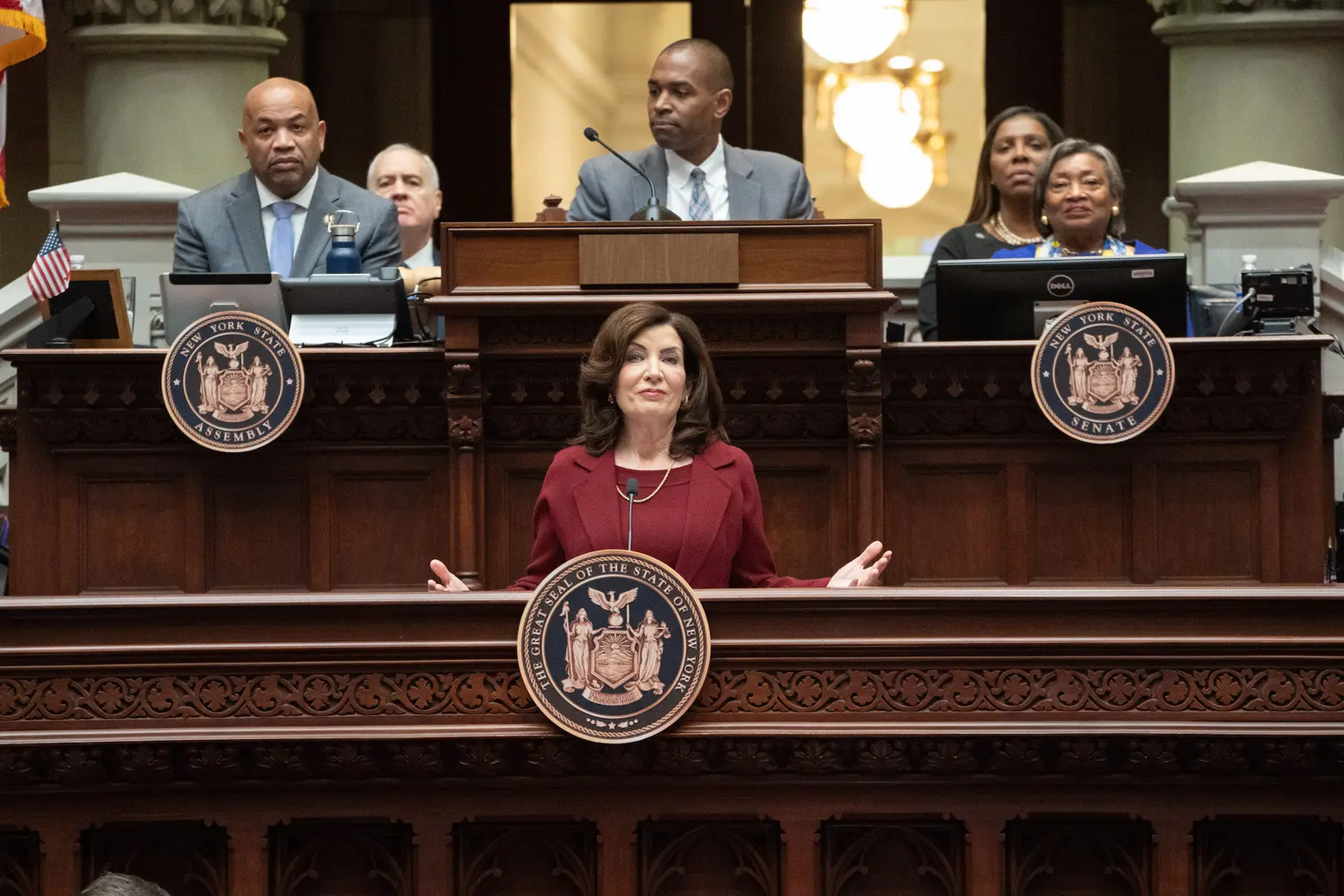
Photo courtesy of Governor Kathy Hochul on Flickr
As housing production in New York City hits new lows, Gov. Kathy Hochul is calling once again for a replacement of the 421-a tax abatement program that expired in 2022. During her 2024 State of the State address on Tuesday, the governor said she plans to introduce legislation permitting the city to offer a tax break to developers of new rental construction, as well as an extension of the completion deadline of the expired program. Hochul’s previous proposals to replace the program in 2022 and 2023 failed to move forward.
The 421-a program, which expired in June 2022, gave New York real estate developers who construct new residential buildings a property tax exemption in exchange for designating a portion of the homes as affordable.
That year, Hochul introduced a new property tax code, 485-w, that called for more affordable units but maintained much of the old tax break. It failed to move forward. Last year, the governor proposed extending the construction deadline for projects grandfathered into the lapsed 421-a program; it also failed.
Like the previous 421-a program, the new abatement introduced on Tuesday would include mandates for affordable housing and wage guidelines for building services and construction workers.
The governor made no mention of good cause eviction, which would cap rent increases and give tenants the ability to challenge certain evictions. Democrats in both the Senate and Assembly say that a replacement and extension of 421-a must also include a good cause measure, claiming that for a new development incentive to be enacted, new tenant protections must be granted, according to The Real Deal.
“The vast majority of rental housing in NYS is fully unregulated – tenants have no protections against evictions whatsoever. We can’t only build: we need statewide good cause to keep people in their homes,” Housing Justice for All, a statewide coalition that represents tenants and homeless New Yorkers, wrote in a post on X.
The governor’s address included several proposals from last year, like legislation to encourage office conversions to include affordable housing, lifting the cap on floor area ratio for certain projects, and legalizing basement apartments.
Additionally, Hochul revealed a plan to construct up to 15,000 new homes on state-owned properties across NY, bolster the state’s Pro-Housing Communities Program which rewards localities for building new housing, and deploy a new enforcement unit that will respond to Section 8 discrimination complaints.
Hochul has also proposed legislation that will prohibit insurance carriers from basing their decision to cover a residential building on if tenants receive federal assistance or on the existence of affordable dwelling units.
This year’s address doesn’t include the housing growth mandates included in Hochul’s “New York Housing Compact” plan. The mandates required that all localities across the state meet home creation goals every three years. It was revealed in December that Hochul had abandoned pushing for the mandate, according to City and State NY.
Housing production has slowed dramatically across the five boroughs, largely due to the expiration of 421-a. A report released this week by the Real Estate Board of New York found developers filed 285 multi-family foundation plan applications with just 9,909 apartments proposed, a 78 percent drop in total unit filings from 2022.
The number of dwelling units proposed last year is 50 percent of the roughly 20,000 units produced per year between 2000 and 2020.
Hochul this summer announced several executive orders aimed at spurring residential construction. In July, Hochul announced developers of certain residential buildings in Gowanus would qualify for a tax break reminiscent of 421-a. Projects in the Brooklyn neighborhood that qualified for the tax abatement before it expired in 2022 but didn’t meet the 2026 completion deadline would qualify for tax breaks.
As of December, the Gowanus program had received 19 applications that could lead to the creation of 5,500 new housing units, including 1,400 affordable homes, according to the governor’s office.
The city also introduced its own program to complement a potential 421-a replacement. As 6sqft previously reported, the Mixed Income Market Initiative (MIMI) would make public money available for the first time to projects with both affordable and market-rate units, with the goal of incentivizing developers to build more affordable homes using revenue generated from the market-rate apartments.
RELATED:
Get Insider Updates with Our Newsletter!
Leave a reply
Your email address will not be published.




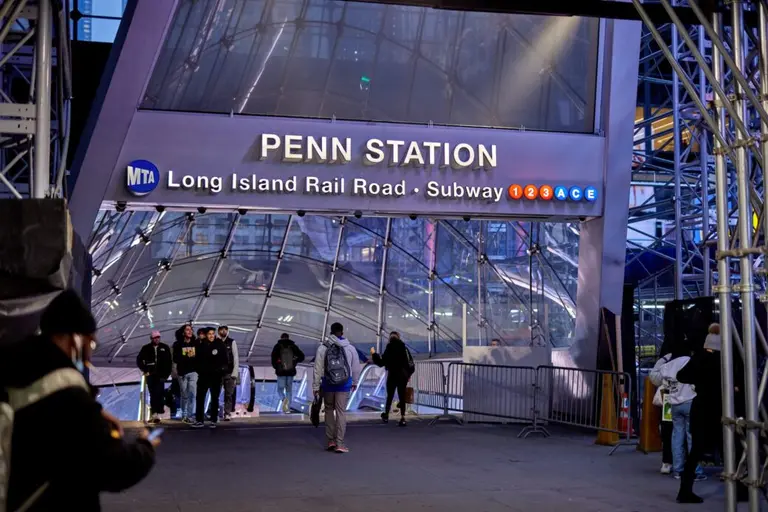






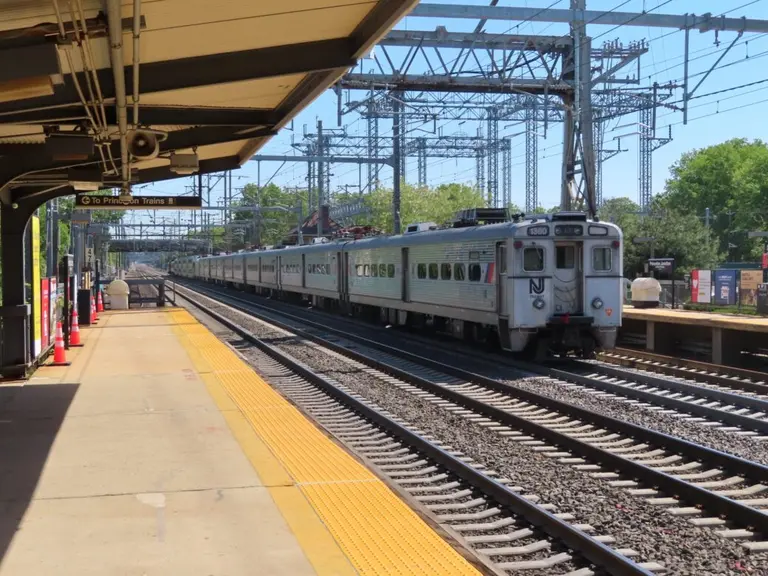
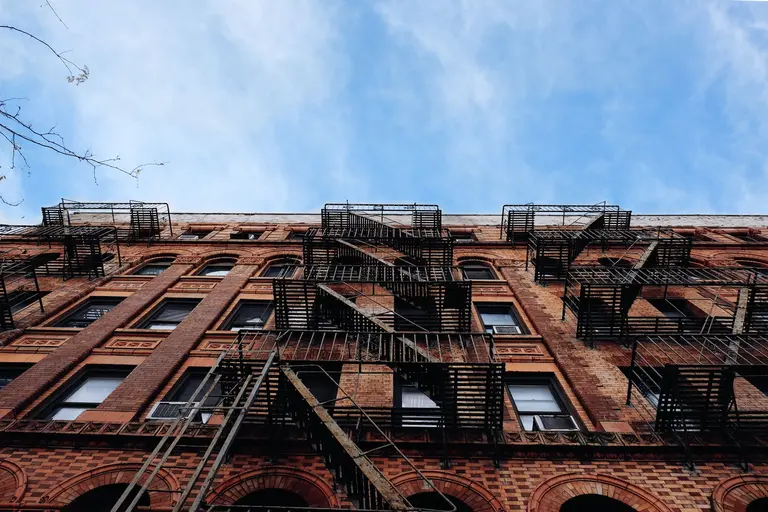




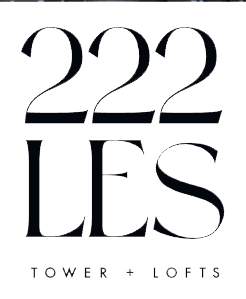











no more tax give aways to these developers, that are not putting more of truly affordable housing in these buildings, and there should be a large amount of these units, I’m for the city of yes when it comes to affordability, TRULY AFFORDABLE